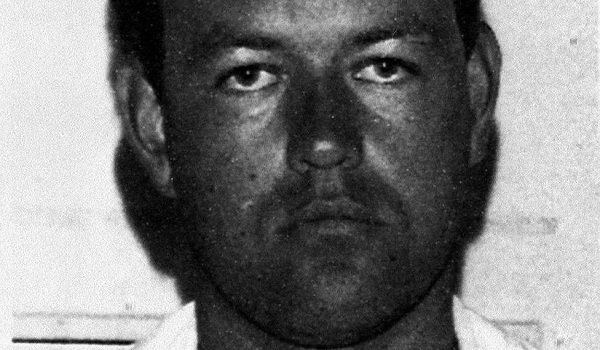Domestic abuse charges in Scotland at highest level for five years
The number of domestic abuse-related charges in Scotland is at its highest level since 2015/16, according to the Crown Office and Procurator Fiscal Service (COPFS).
A total of 30,718 charges were reported in relation to domestic abuse in 2019/20, with 28,234 (92 per cent) of those proceeding to court.
Just five per cent (1,501) of charges had no action taken, with the majority of these (57 per cent) being due to lack of evidence.
Anne Marie Hicks, COPFS national procurator fiscal for domestic abuse, said: “COPFS takes a rigorous approach to crimes of domestic abuse and stalking, and we are committed to prosecuting these crimes effectively and fairly.
“This includes a presumption in favour of prosecution where there is sufficient evidence to support a criminal allegation.
“Prosecutors recognise the devastating impact these crimes can have on those affected and will continue to use all of the tools at our disposal, including the groundbreaking legislation introduced last year, to prosecute domestic abuse.”
She added: “While the figures published today do not cover the period of lockdown, the impact of the coronavirus pandemic upon the justice system, particularly the ability to progress criminal trials, has been significant and we recognise the impact of delays and uncertainty on victims.
“We will continue to work closely with justice partners and victim support organisations on a system-wide response to the challenges of the pandemic to ensure the justice system fully recovers, and cases progress as efficiently as possible.”
While most of the charges were prosecuted at the sheriff summary level, there has been a steady increase of charges at the more serious solemn level, increasing from ten per cent in 2013/14 to 15 per cent in 2019/20.
Statistics also show the majority (67 per cent) of domestic abuse charges are brought against people aged 31 to 40 (34 per cent) or 21 to 30 (33 per cent).
The accused was male in almost 90 per cent (26,914) of charges.
In 2019/20, 1,065 charges were reported under the Domestic Abuse (Scotland) Act 2018 (DASA), with 95 per cent of charges proceeding to court.
Solicitor General for Scotland Alison Di Rollo QC said: “The Domestic Abuse (Scotland) Act 2018, which came into force in April 2019, broke ground in addressing the true dynamics of abusive behaviour to which too many victims are subjected.
“This legislation has allowed the prosecution of a range of coercive and controlling behaviours which are so harmful to victims but which were not previously criminal.
“Courts can now consider the totality of behaviour when sentencing, better reflecting the lived experience of victims and children.
“Police and prosecutors in Scotland have undergone extensive training on this legislation and will continue to work closely together, and with victim support agencies, to ensure that the prosecution of domestic abuse is as effective as possible and that victims are supported through the process.”
Scottish Justice Secretary Humza Yousaf said: “I welcome this indication that Scotland’s new domestic abuse laws are encouraging victims to come forward and report these crimes while providing police and prosecutors with greater powers to target those who engage in coercive or controlling behaviour towards their partners or ex-partners.
“We have provided an additional £825,000 to Police Scotland to support the training of 14,000 officers and frontline staff to respond to and investigate the new domestic abuse offence.
“I want to be absolutely clear that all forms of violence against women and girls, including domestic abuse and stalking, will not be tolerated and holding perpetrators to account will continue to be a priority.”
He added: “I will introduce a Bill to the Parliament in the coming weeks which would give police and the courts new powers to remove suspected domestic abusers from victims’ homes.
“This will lift the burden of action from those already suffering or at risk from abuse by giving greater powers to police to intervene.
“It will also provide victims with vital breathing space, free from coercion and control, to decide the best future option for themselves, aided by support services.”







